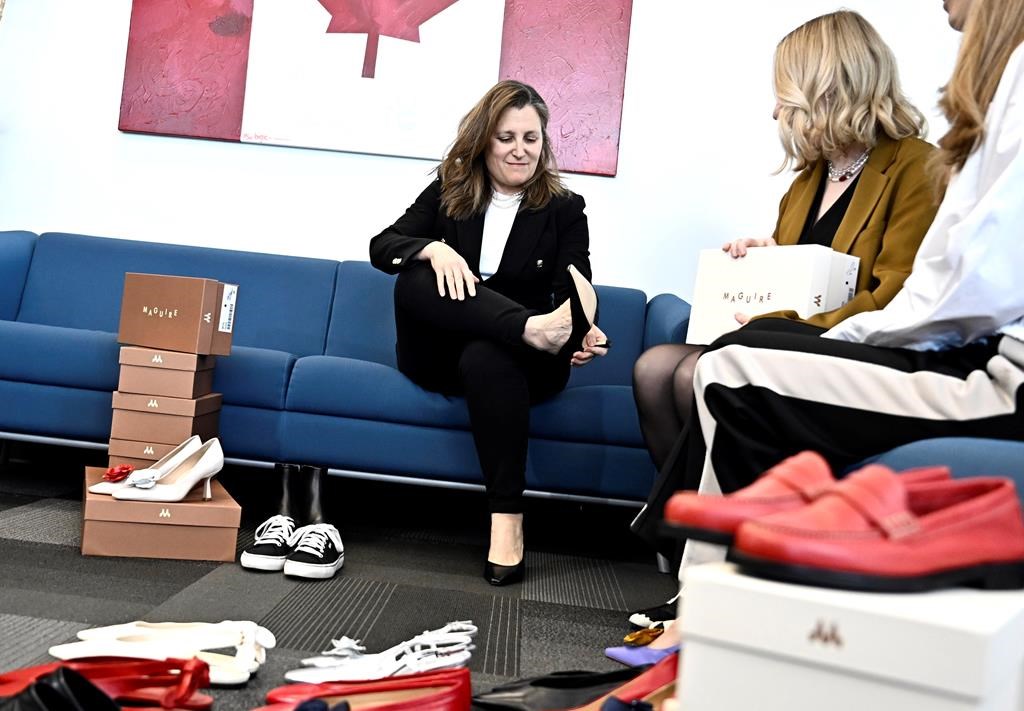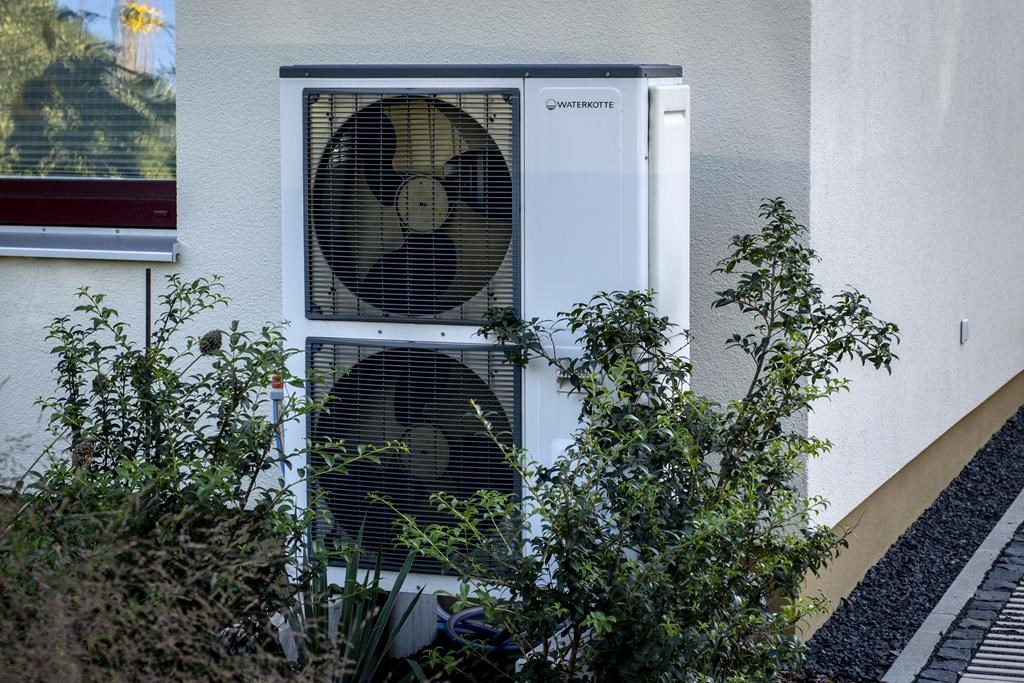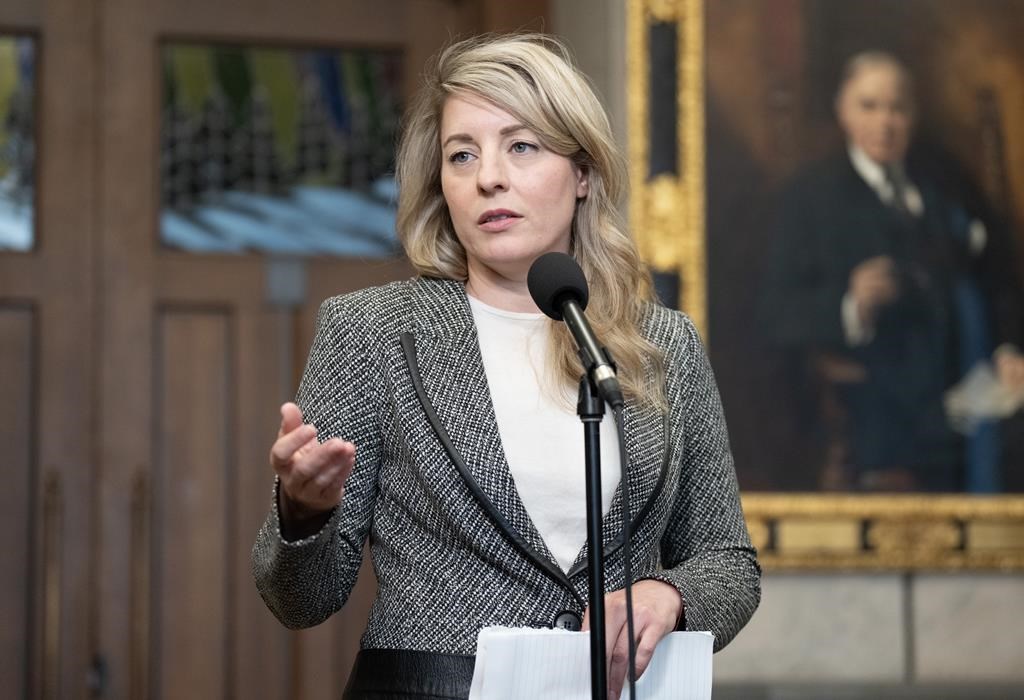Wind Mobile uses new telecom rules to push for its foreign takeover
Posted Jan 18, 2013 06:29:57 PM.
This article is more than 5 years old.
Small wireless player Wind Mobile, part of a wave of new companies that have brought Canadians more competition in the cellphone market, has signed a deal to owned by a global telecom company.
Wind Mobile will be fully owned and controlled by VimpelCom subsidiary Orascom, which already has a 65.1 per cent stake in the company and was major financial backer, chairman and CEO Anthony Lacavera said Friday.
Wind Mobile is using new foreign investment rules for telecom companies of its size for the takeover.
“Assuming that the government is satisfied, then yes, this would be the first example of a foreign controlled telecommunications carrier in Canada,” Lacavera said from Toronto.
The agreement comes after recent changes by Industry Canada allowing telecom companies with less than 10 per cent of the market to have no restrictions on foreign investment.
Foreign ownership limits for large telecom companies such as Rogers Communications Inc. (TSX:RCI.B), Bell (TSX:BCE) and Telus (TSX:T) remains at 33.3 per cent.
Wind Mobile launched in December 2009. The company says it now has 600,000 subscribers with its network in Toronto and southern Ontario, Ottawa, Calgary, Edmonton and Vancouver.
Rogers, Bell and Telus, have more than 24 million wireless customers combined.
Lacavera wouldn’t comment on how competition in Canada’s wireless industry will be affected by changes to foreign ownership rules for small telecom companies.
However, he did note that he pushed for changes to rules for foreign investment.
“The deal I am doing really solidifies Wind for the next five years because now a foreign carrier like Orascom can invest with confidence and certainty,” Lacavera said.
Wind Mobile was the first new wireless carrier in years and was followed in 2010 by Mobilicity and Public Mobile and then by Quebecor’s Videotron wireless service.
The new wireless companies brought additional choice to the marketplace as well as a number of price wars and deals for consumers.
Telecom analyst Troy Crandall said Wind’s customers shouldn’t have any difference in their service, at least in the short term.
If Wind emerges as a stronger player as a result of foreign ownership, that could be beneficial to Canadian consumers.
“If you can get a very strong, very competitive fourth national player, that’s probably more beneficial than having three weak new entrants,” said Crandall of MacDougall, MacDougall & MacTier.
But full ownership of Wind Mobile by VimpelCom subsidiary Orascom also makes it easier to sell down the road, Crandall said.
“Who would they sell it to? Possibly Bell, Telus or Rogers and then, boom, there disappears one of your strongest new entrants.”
Orascom CEO Ahmed Abou Doma praised Lacavera for bringing more competition to Canada.
“I wish to pay tribute to his leadership in making Wind Mobile the official alternative to the ‘Big three’ incumbents in Canada,” he said in a statement.
If the deal is approved, Orascom would also have a 65.1 per cent voting interest in Wind Mobile, aligning its voting interests with its ownership stake.
Lacavera said he’ll still have an economic stake in Wind Mobile and will stay on in his role until the deal closes. He didn’t release any financial details of the agreement.
He now plans to start a venture capital company focused on telecom, technology and media, saying there is not enough capital available to young entrepreneurs.
Lacavera recalled the hurdles that Wind Mobile has faced since its launch.
“It’s just been an unbelievable battle with the regulatory and legal challenges we faced,” he said.
“I am really proud of the competition that I’ve brought to the Canadian wireless industry.”
Wind Mobile had a two-year legal battle focused on whether it met the test for Canadian ownership and control when it entered the market. That argument was put to an end last spring by the Supreme Court of Canada.
The Canadian Radio-television and Telecommunications Commission prevented Wind Mobile from initially entering the cellphone market in 2009.
The CRTC had ruled that Wind wasn’t Canadian owned and controlled because most of its debt was held by Egyptian-based Orascom, later acquired by Amsterdam headquartered VimpelCom.
A federal cabinet order overturned the CRTC decision, allowing Wind Mobile to launch its business.
Lacavera still owns Toronto-based Globalive telecom company, which provides high-speed Internet and home phone service to consumers and a variety of telecom services to small business.










